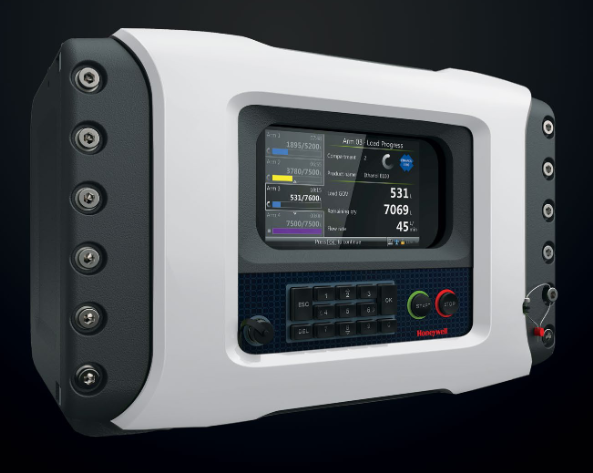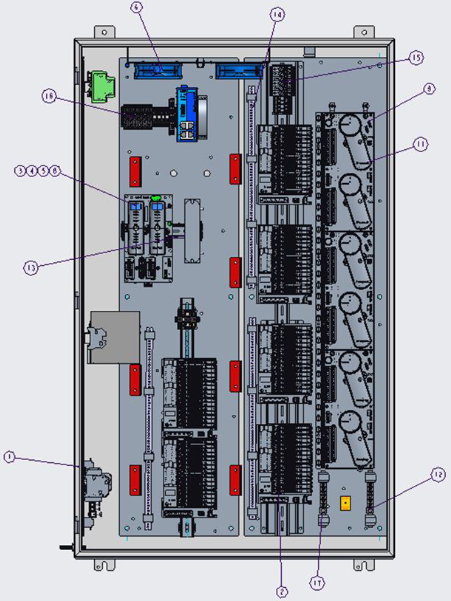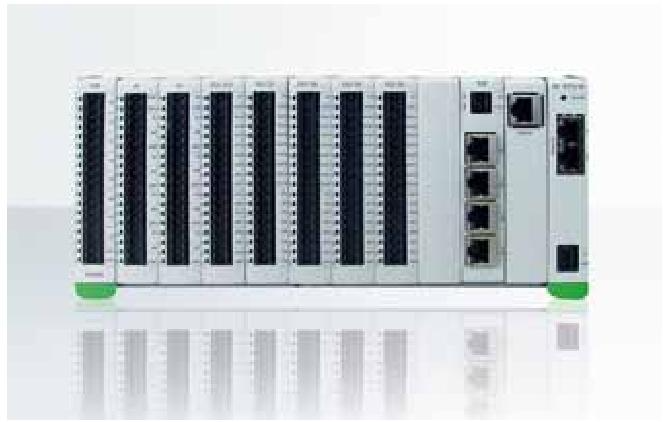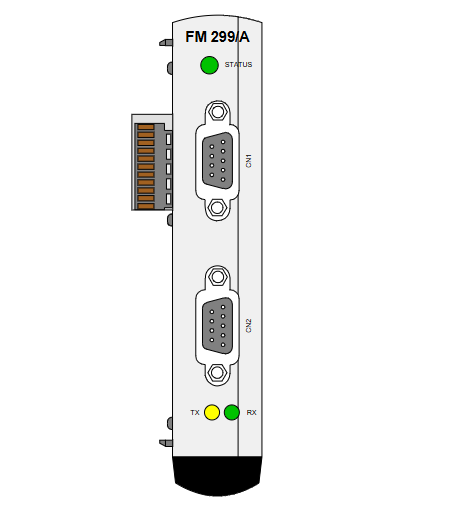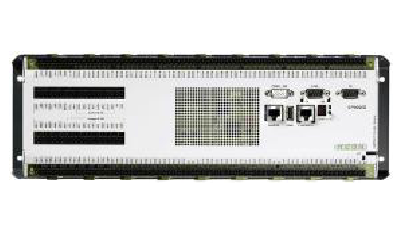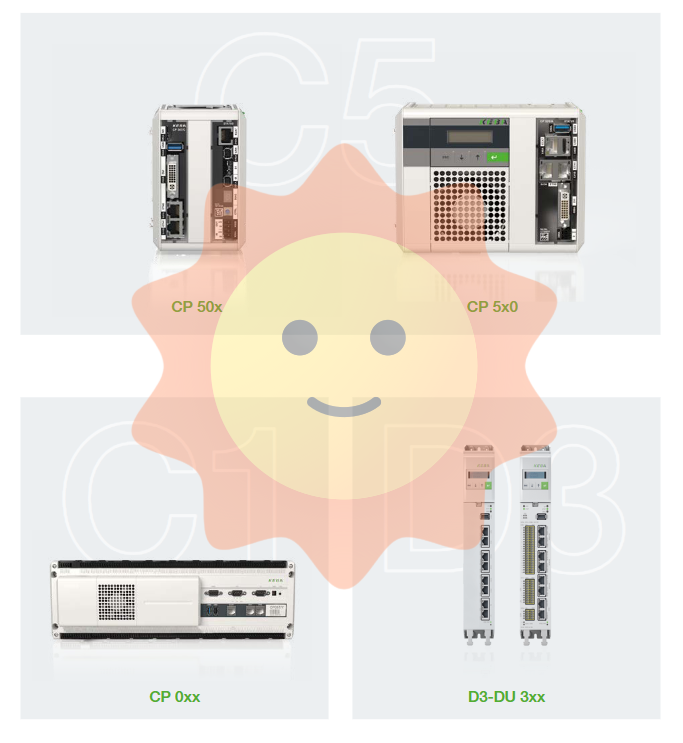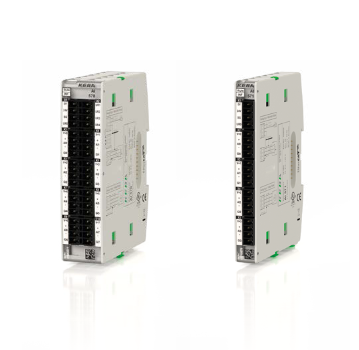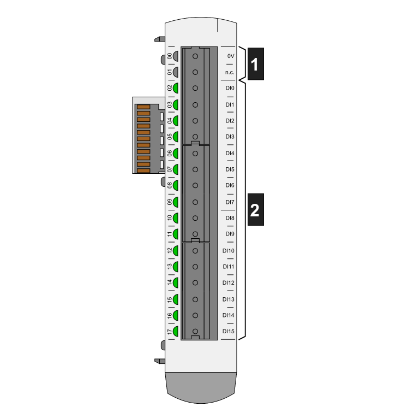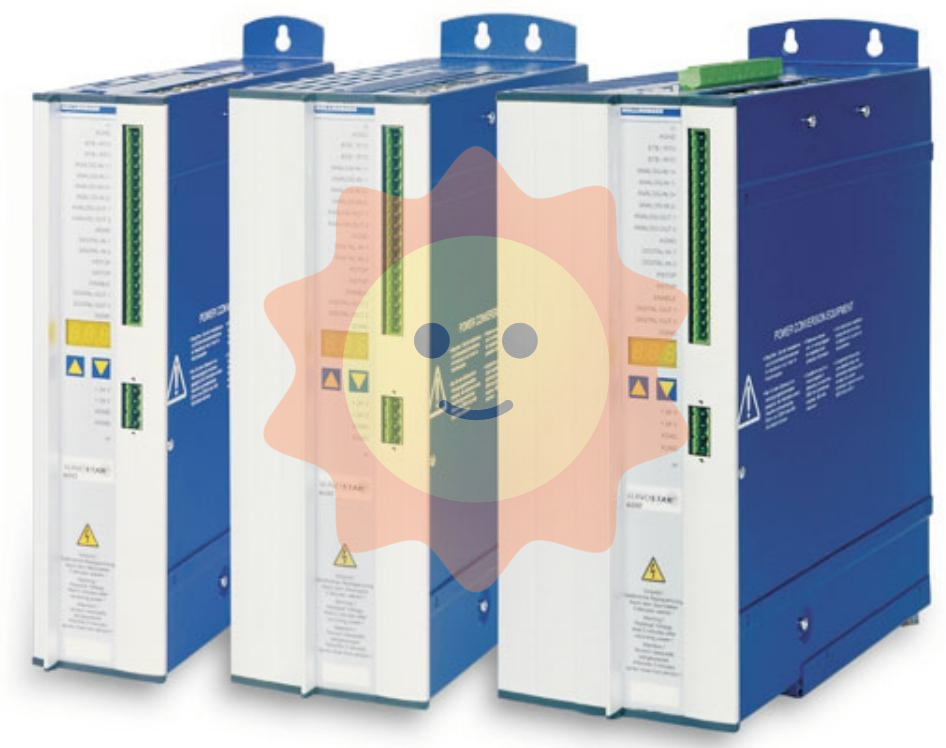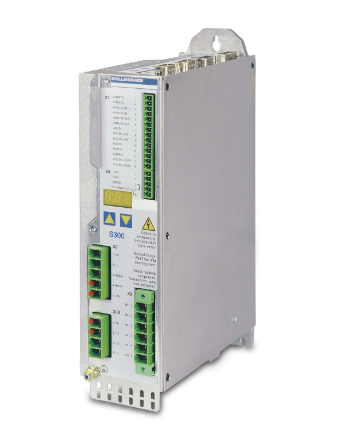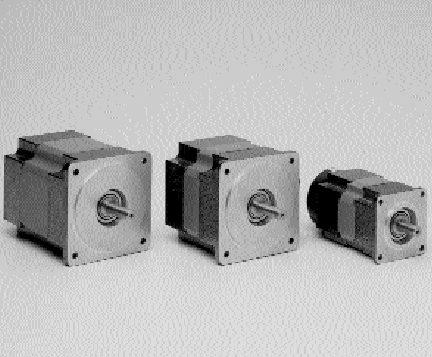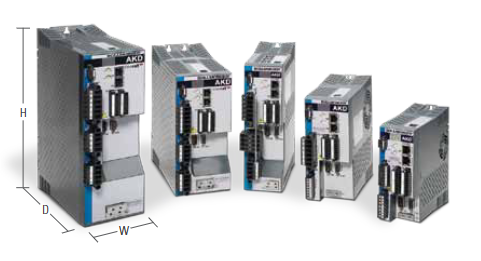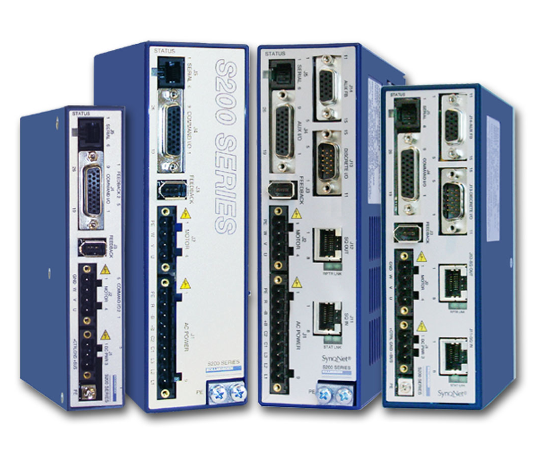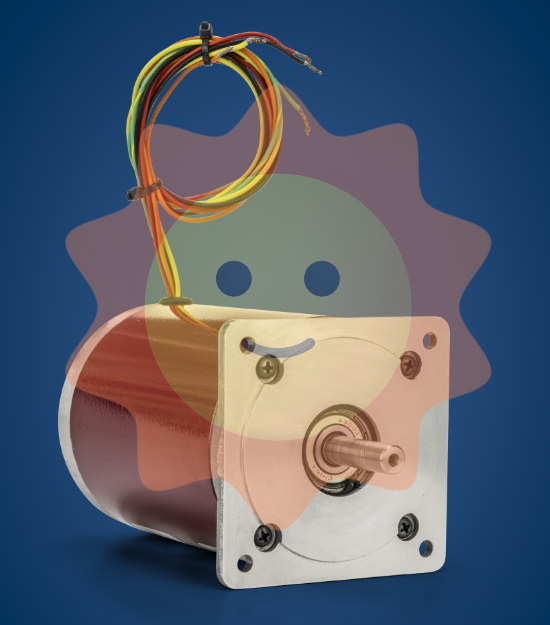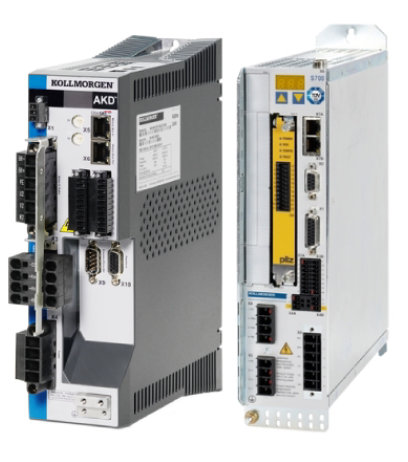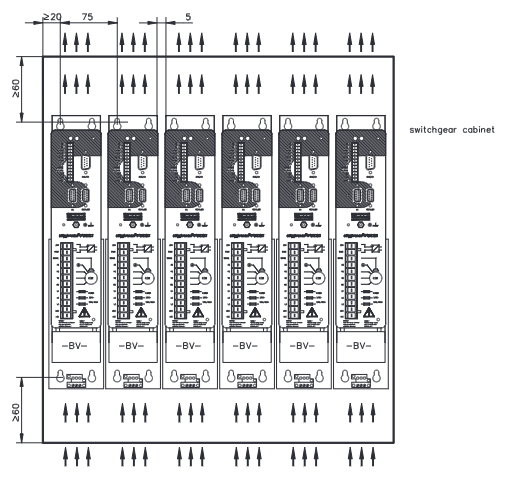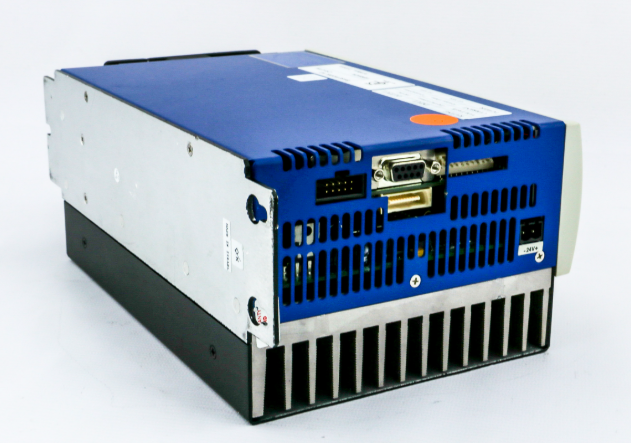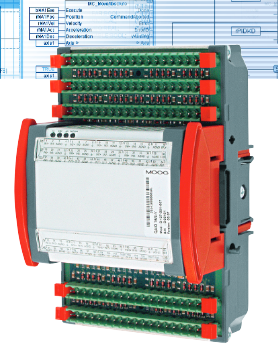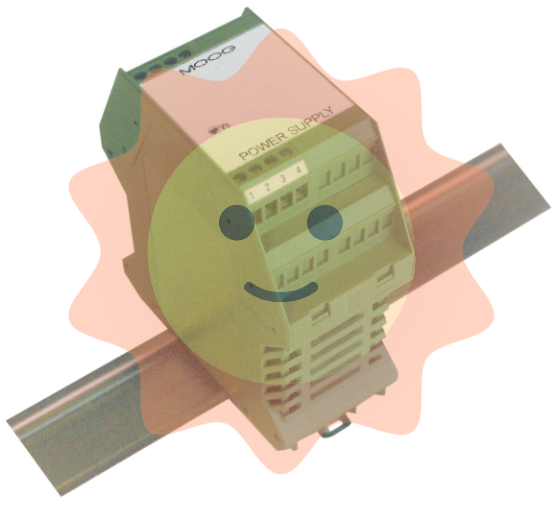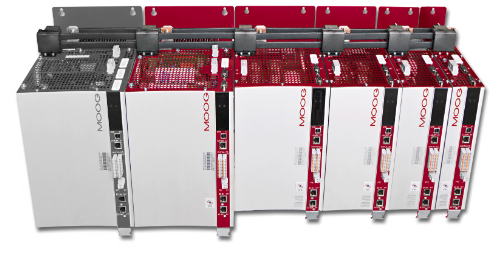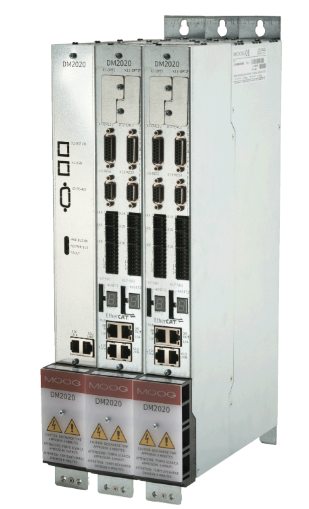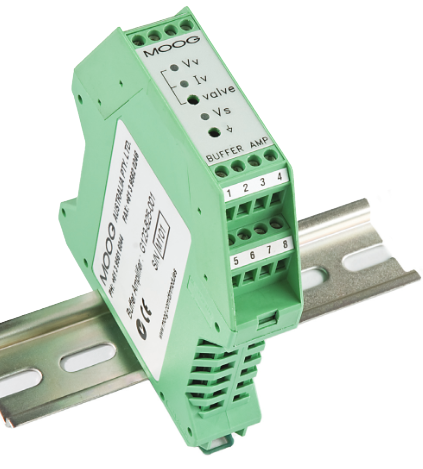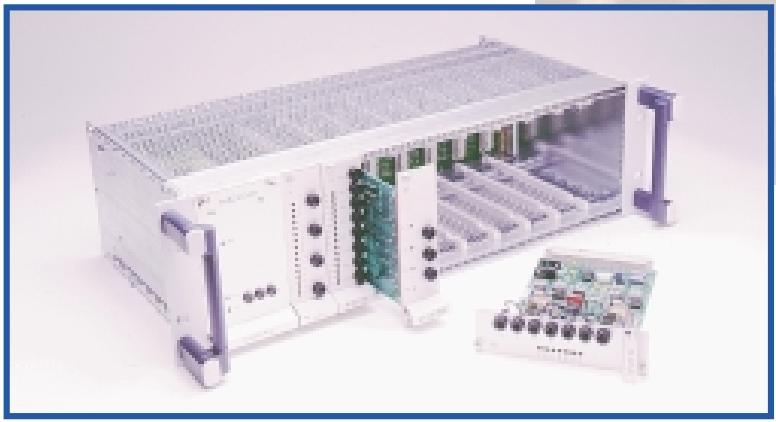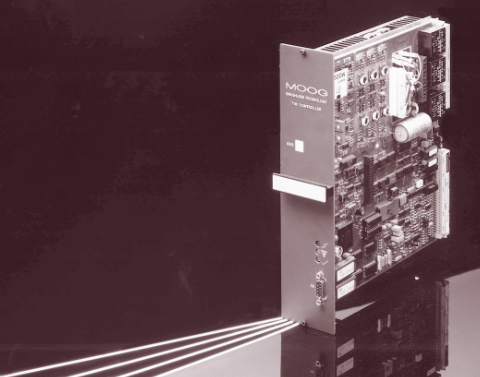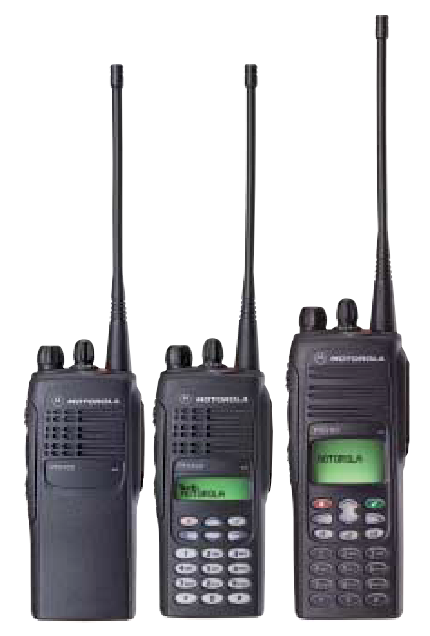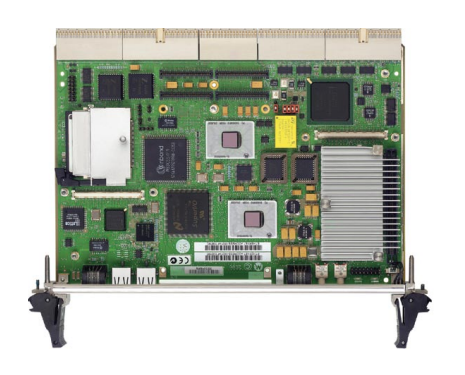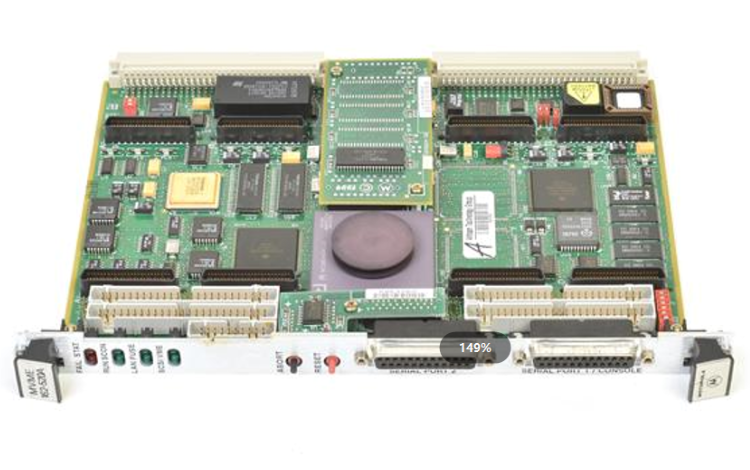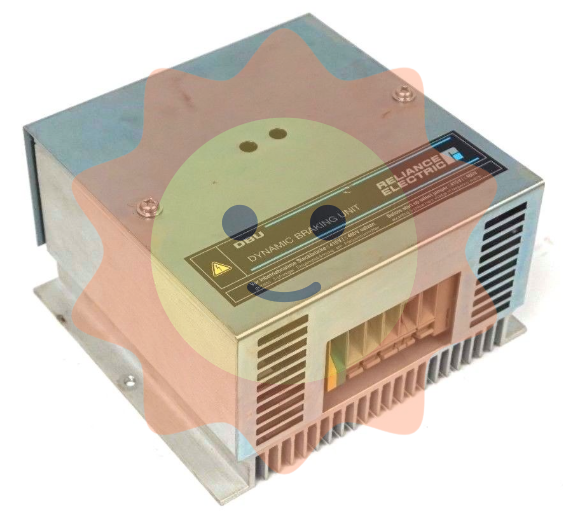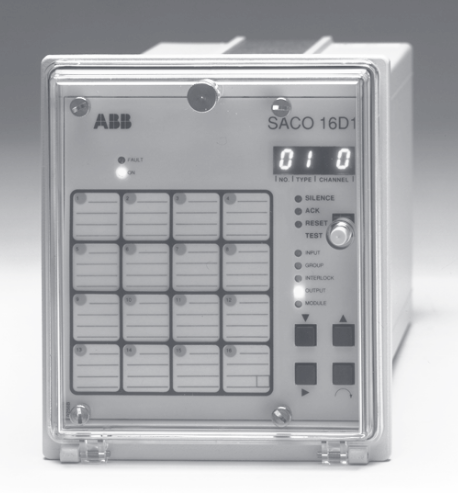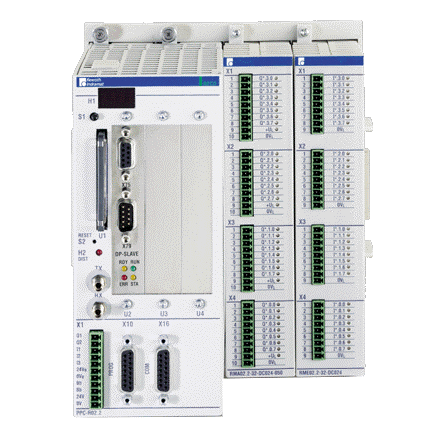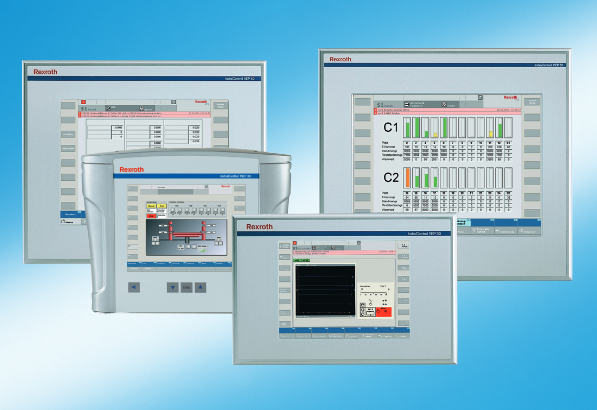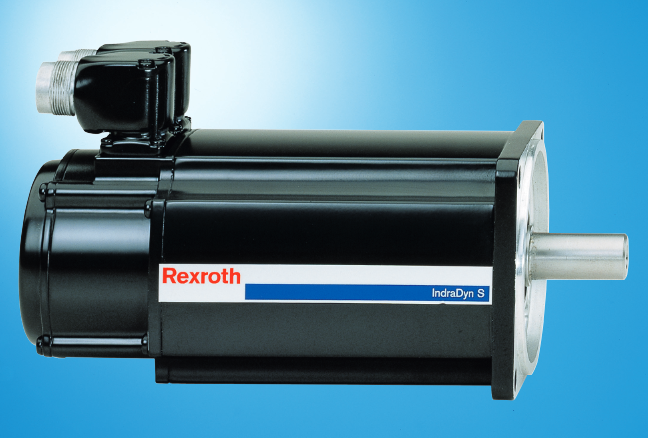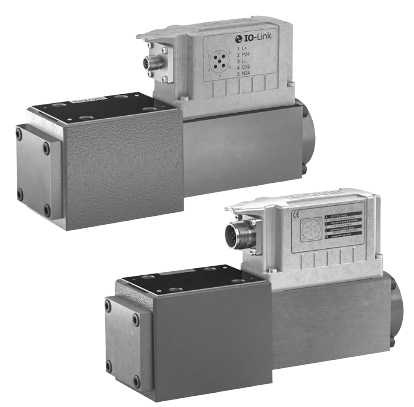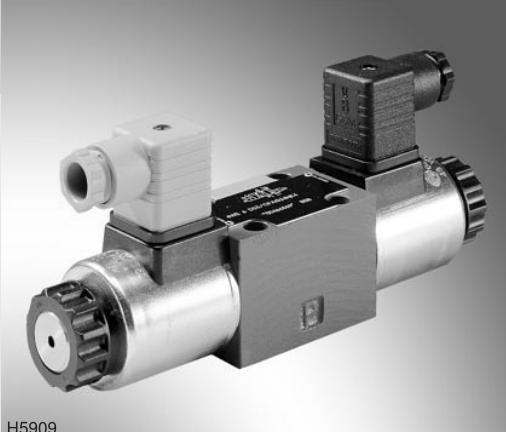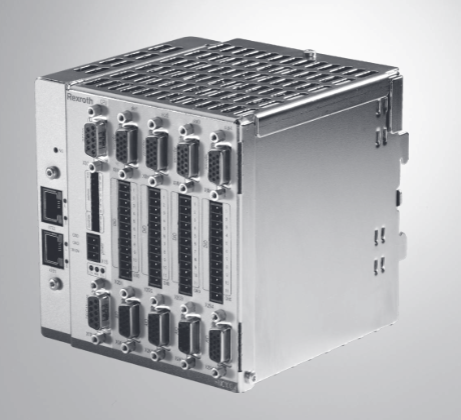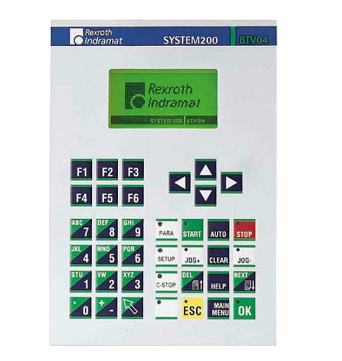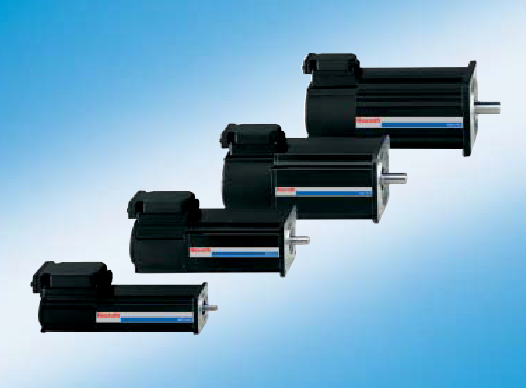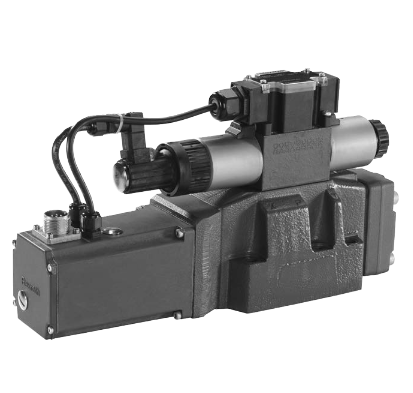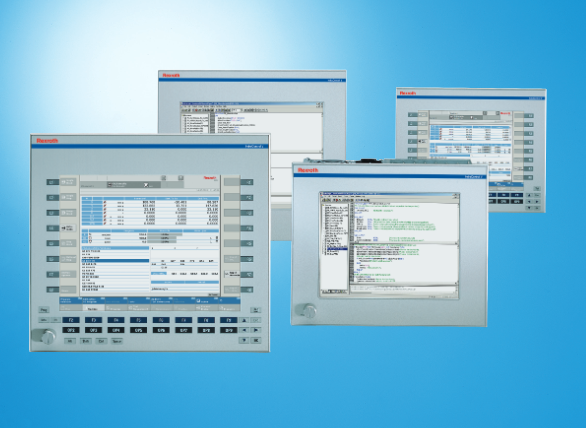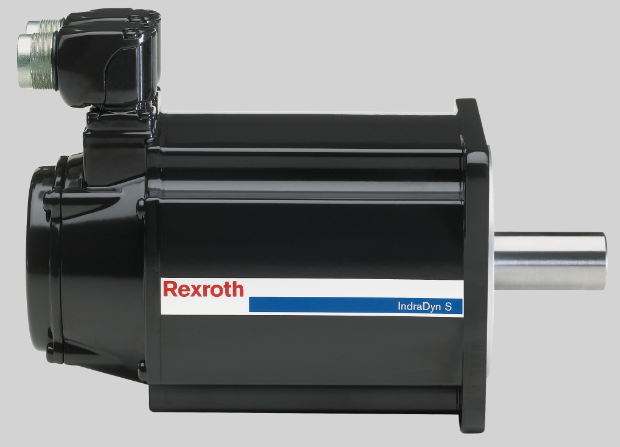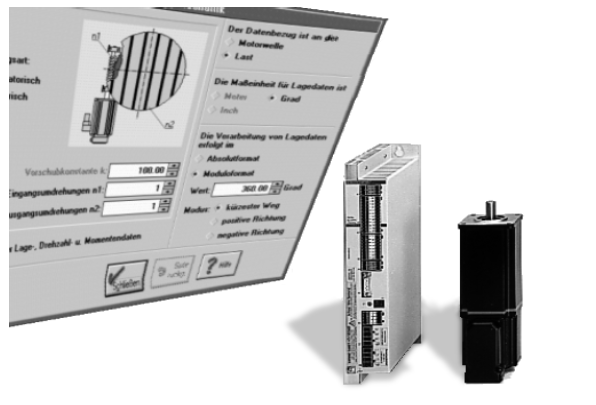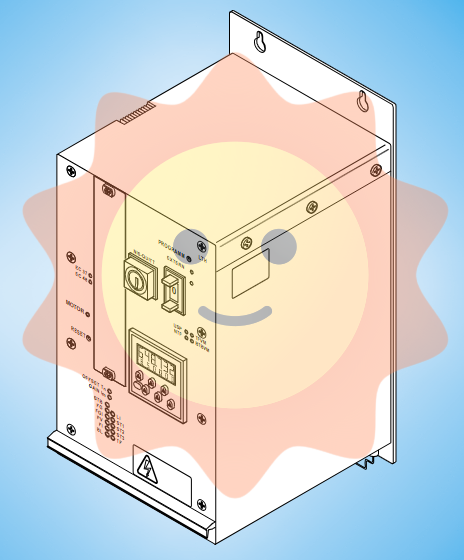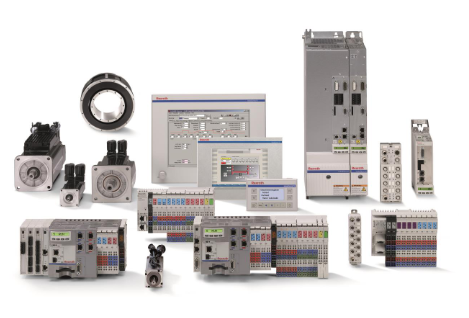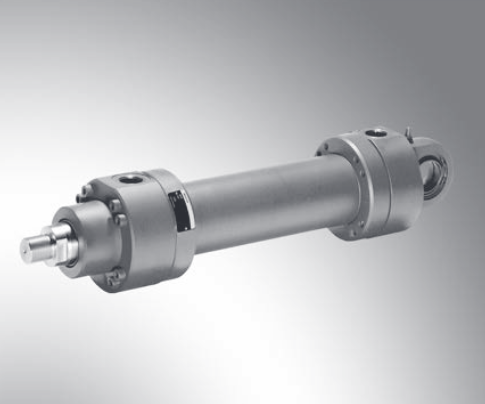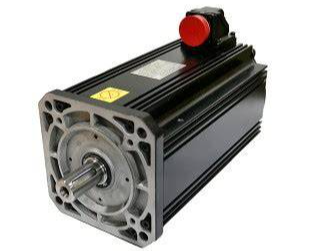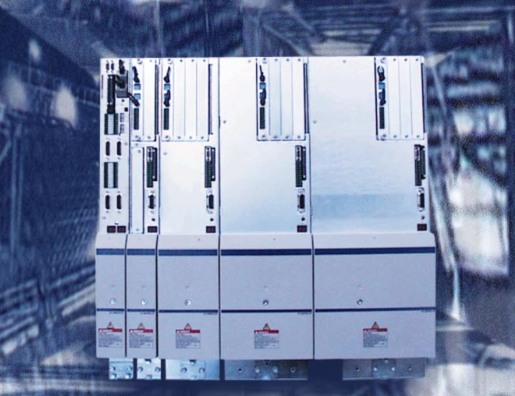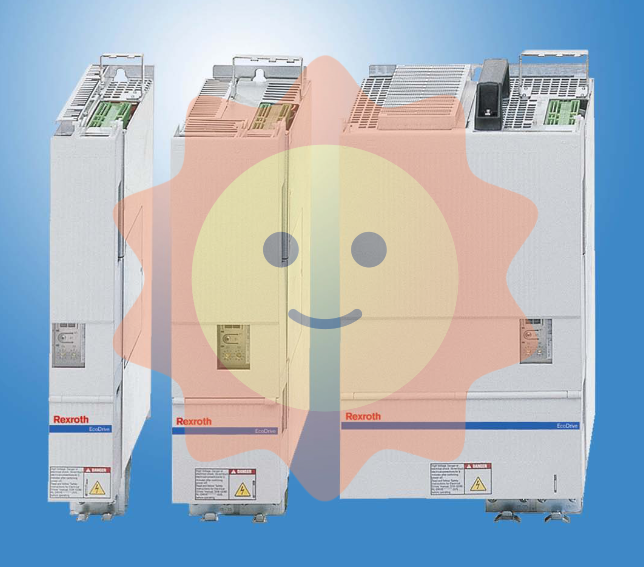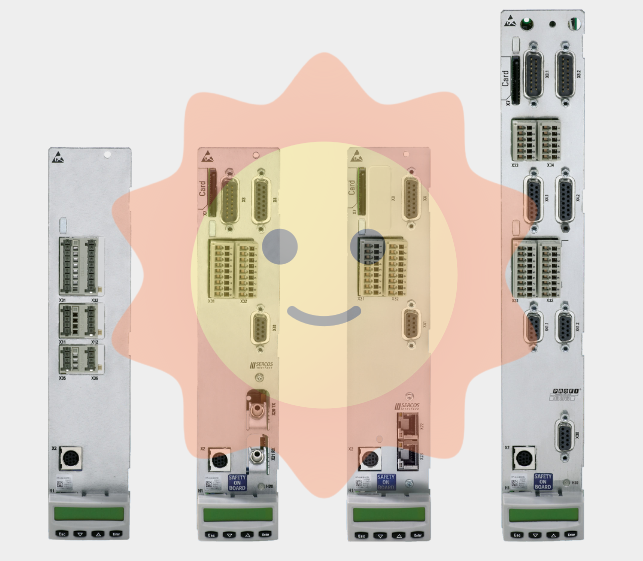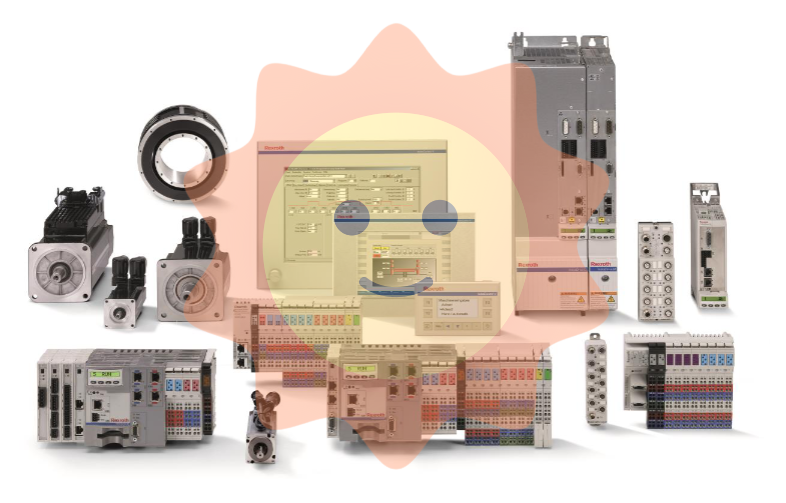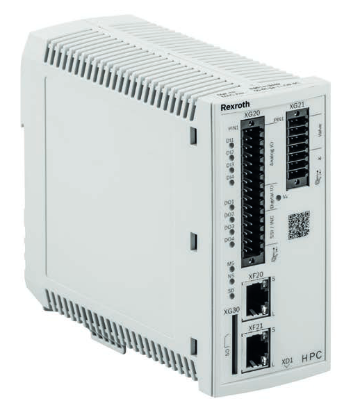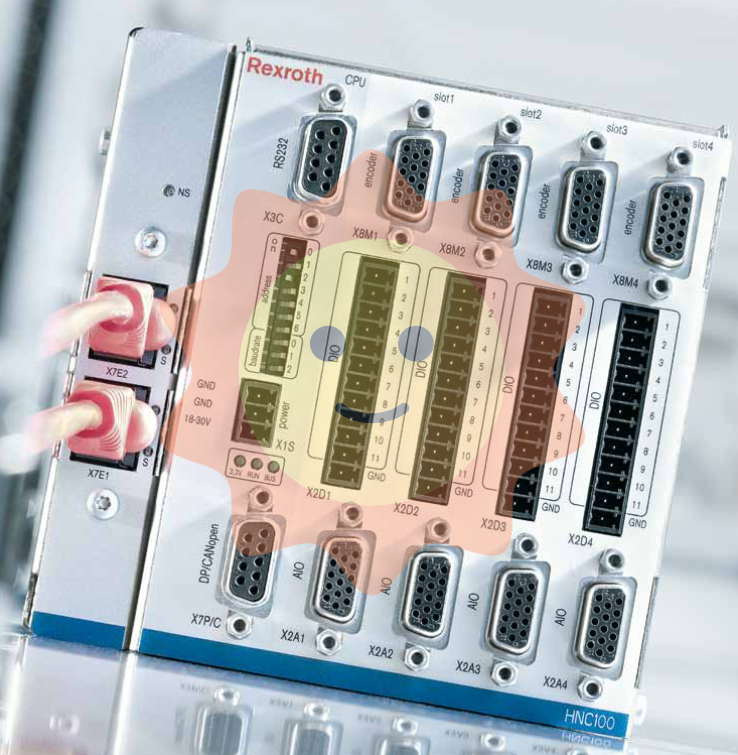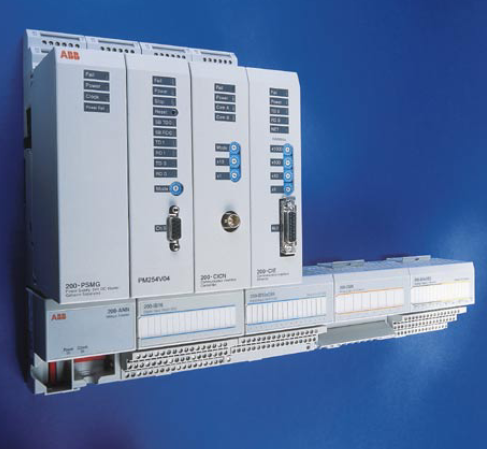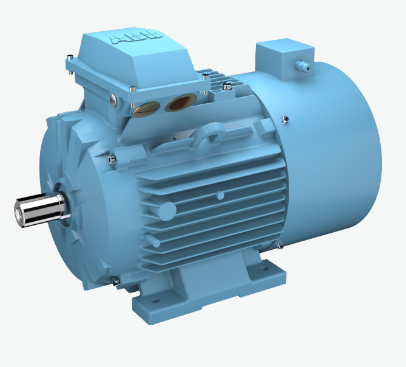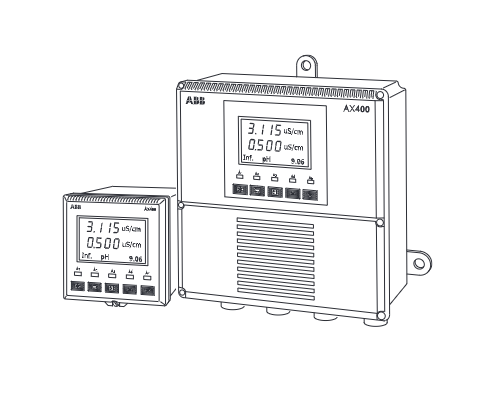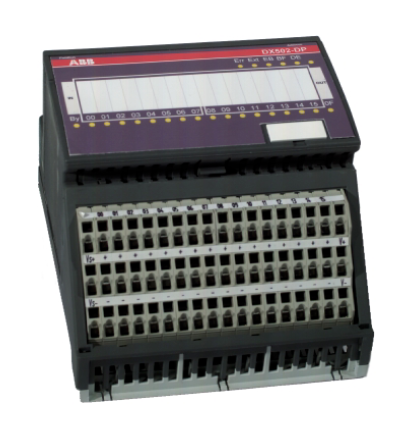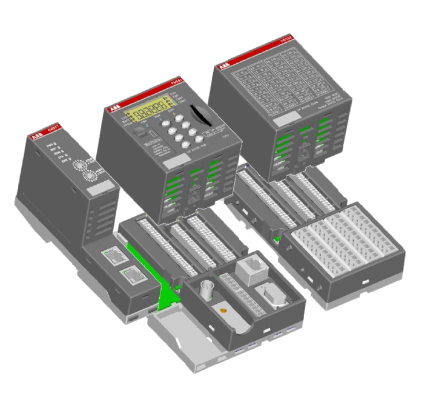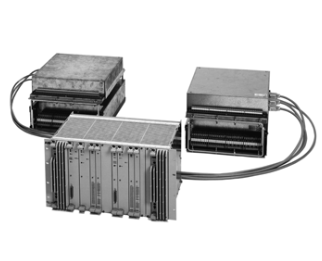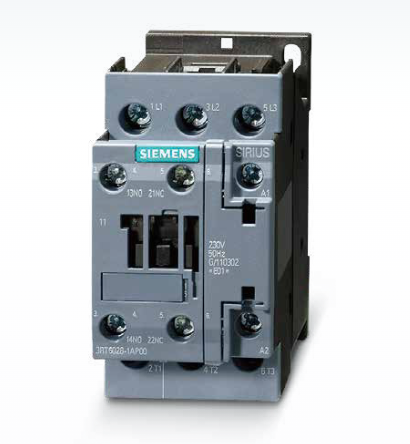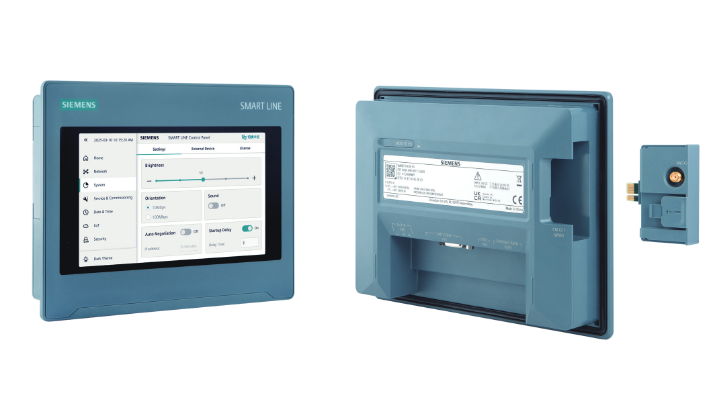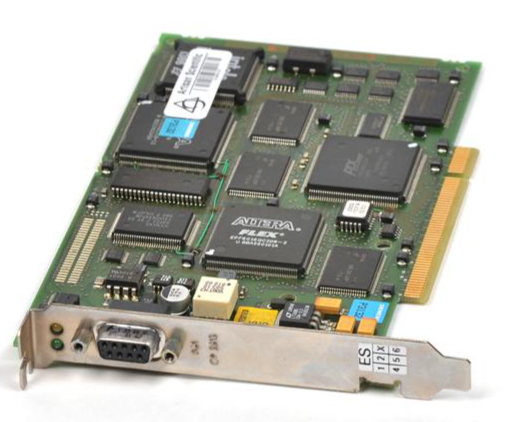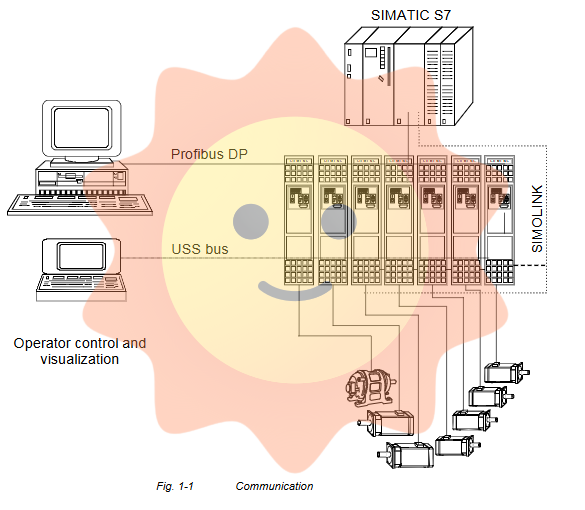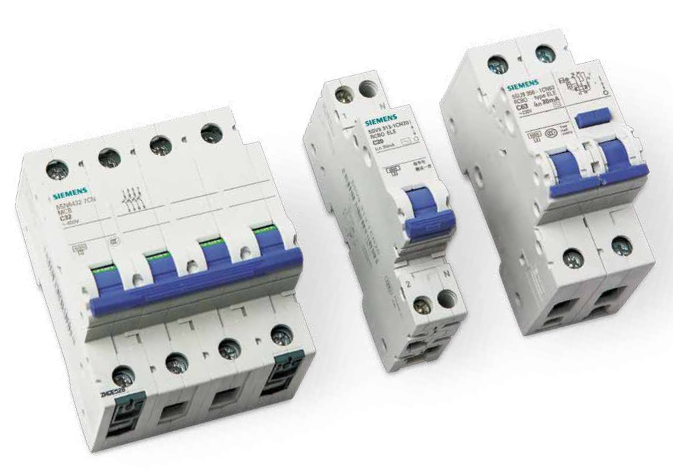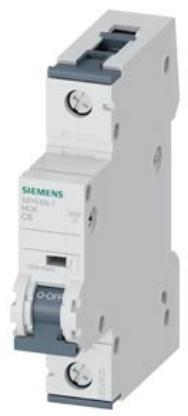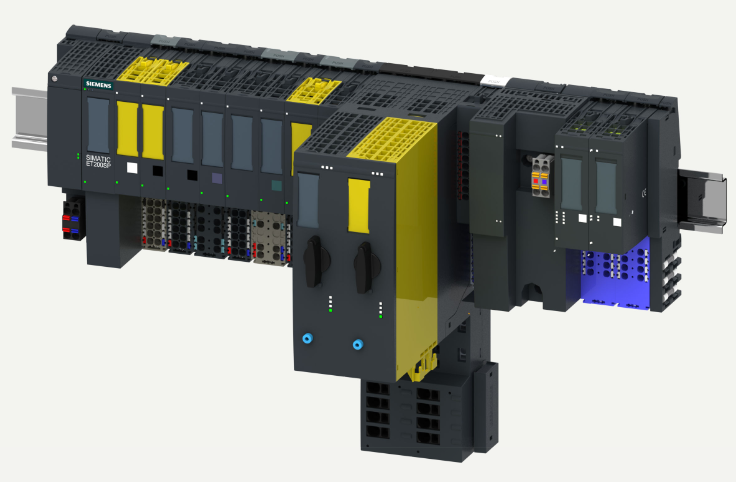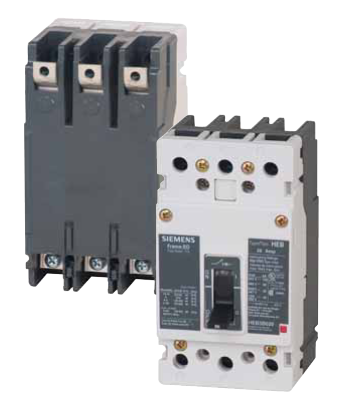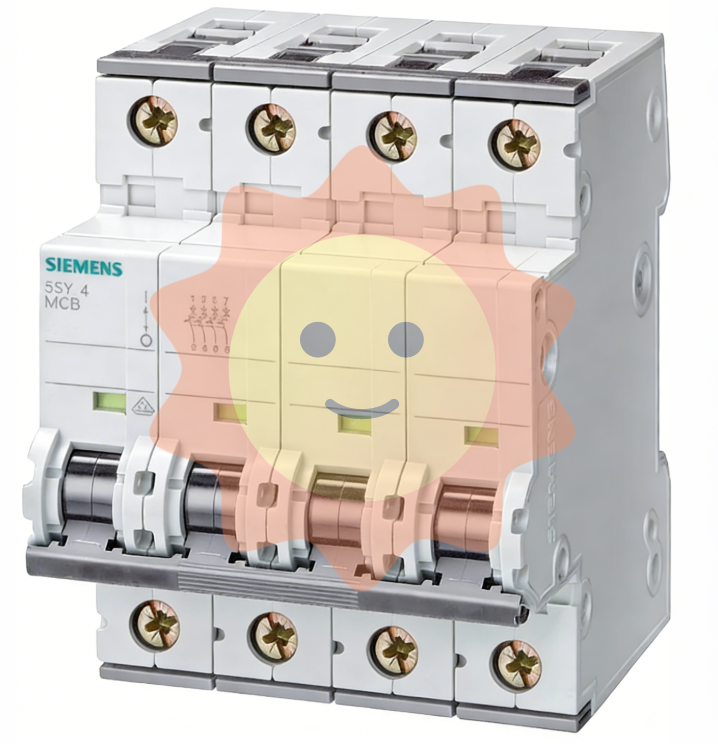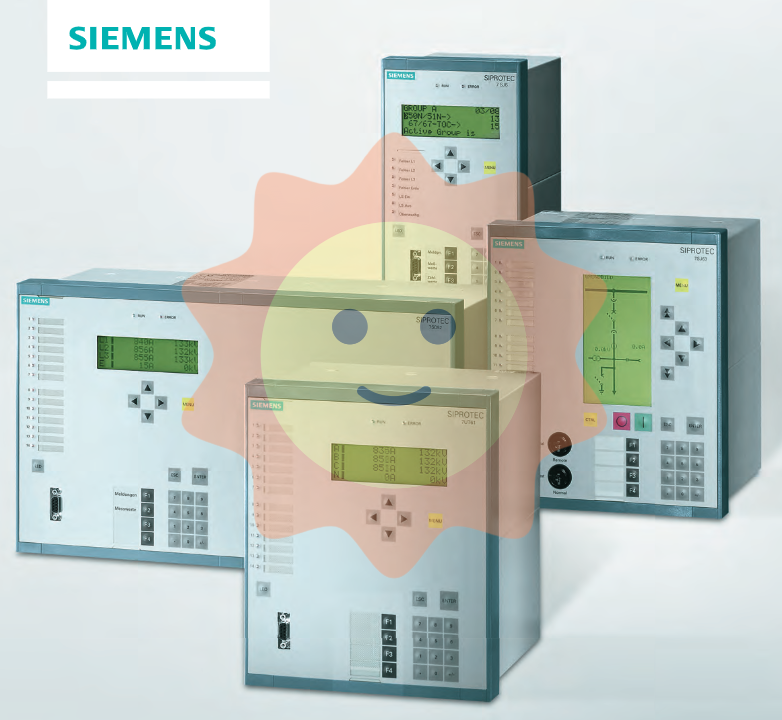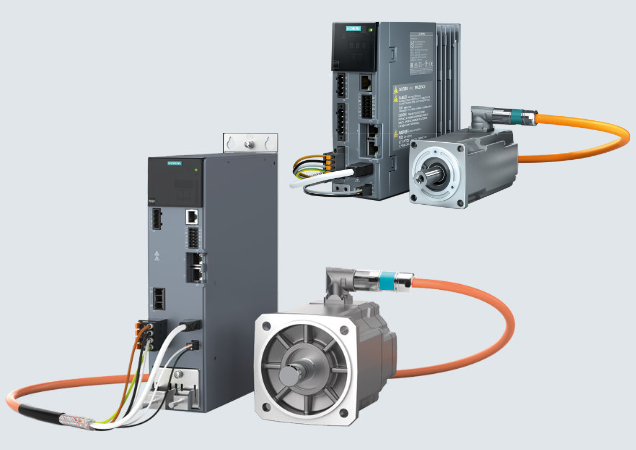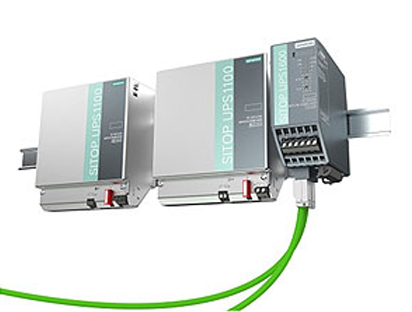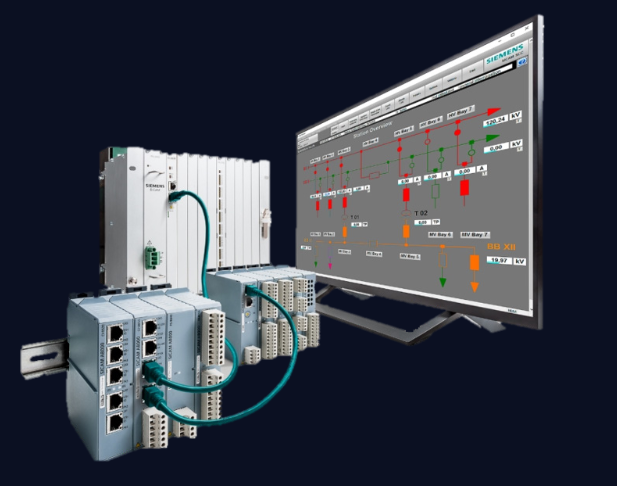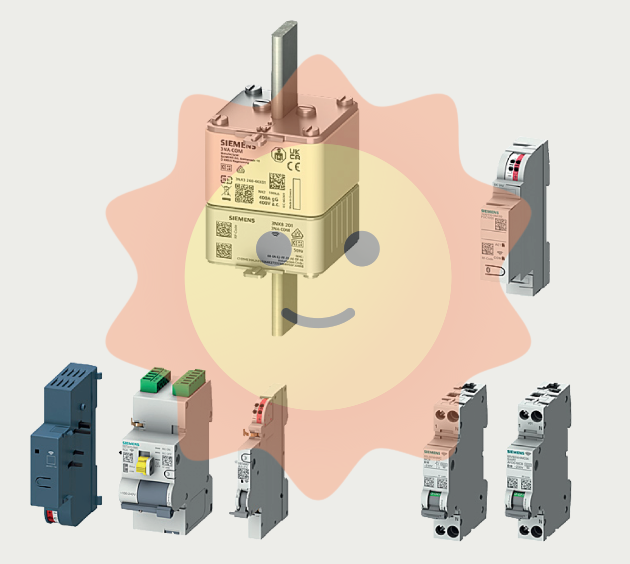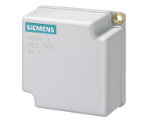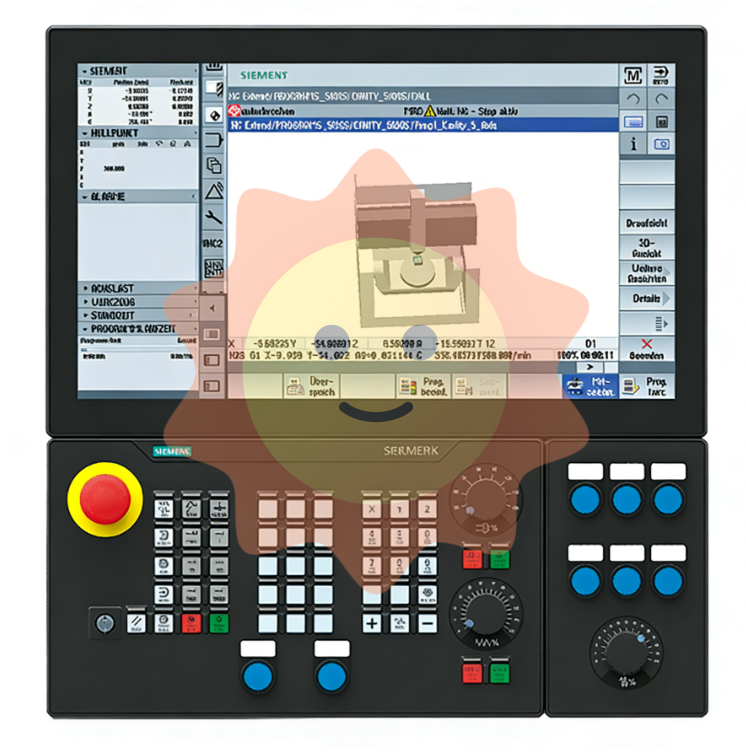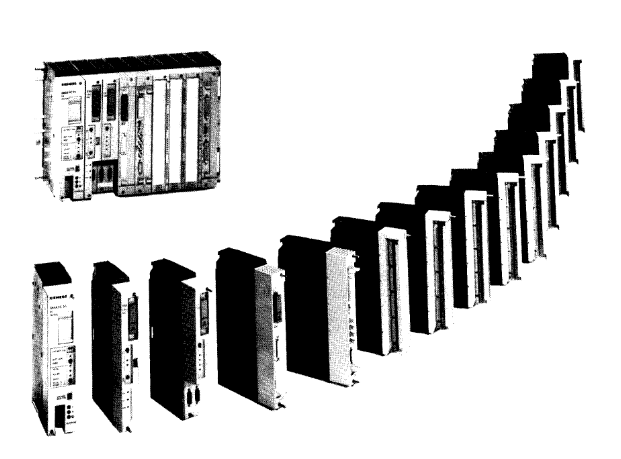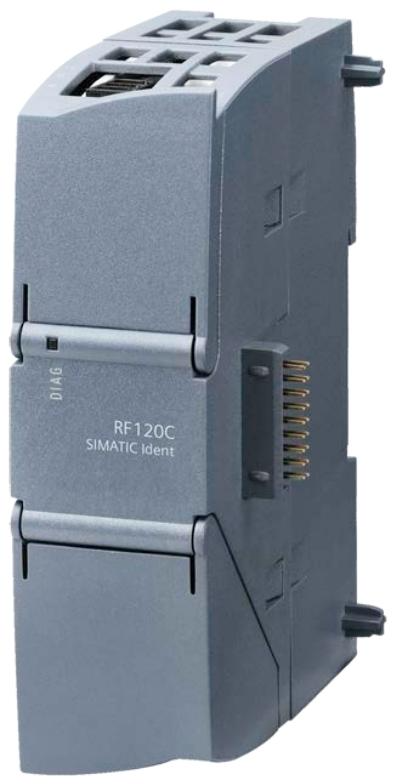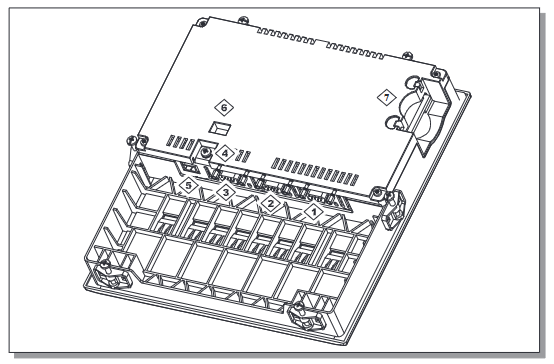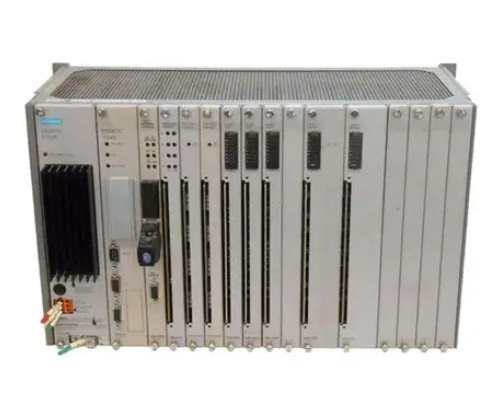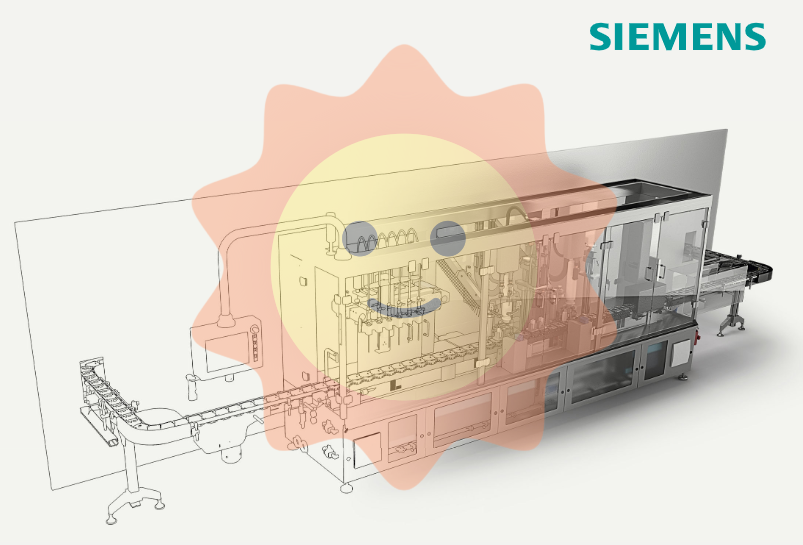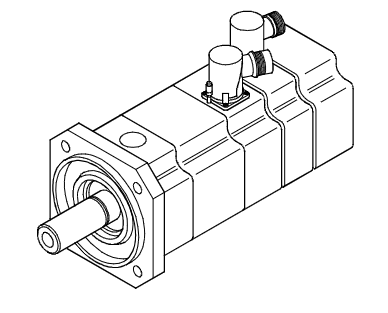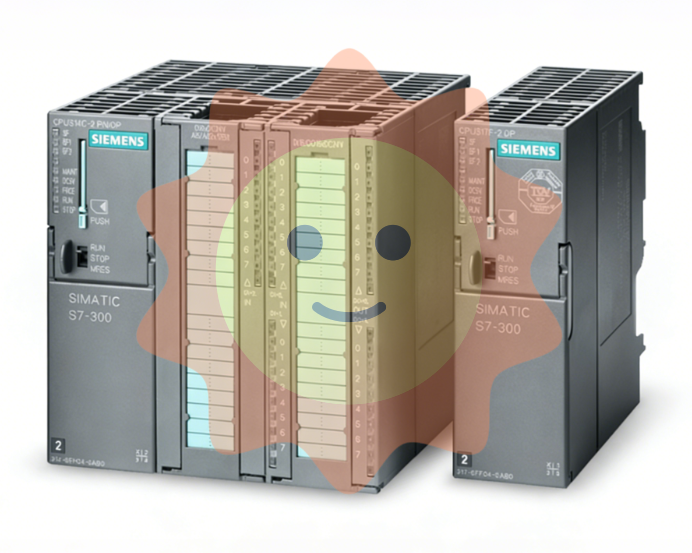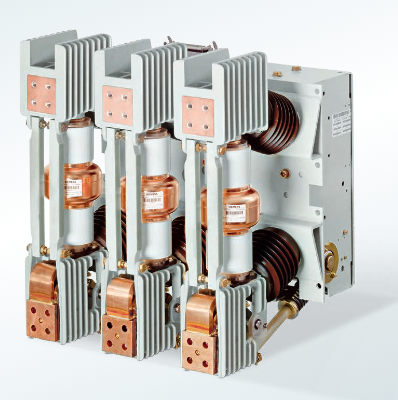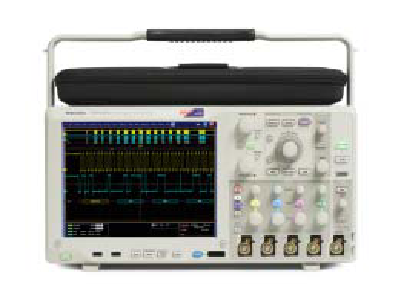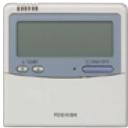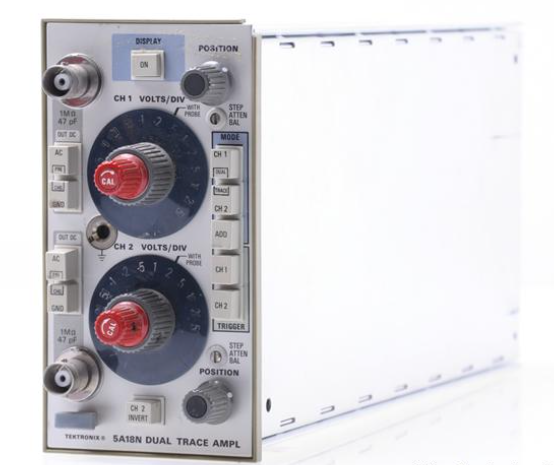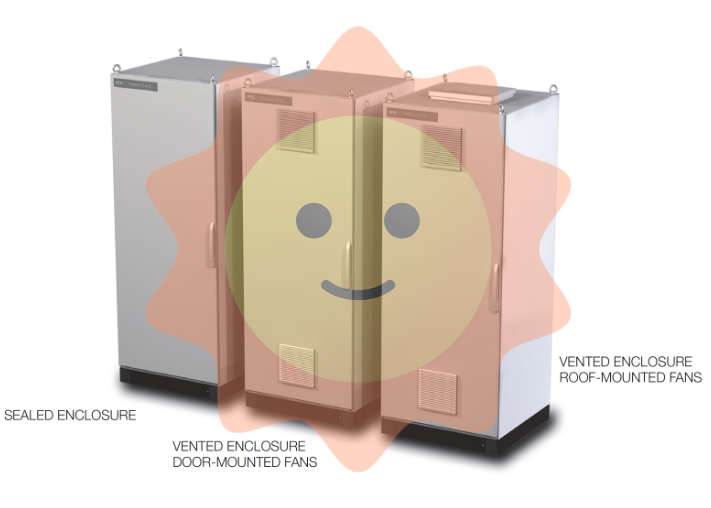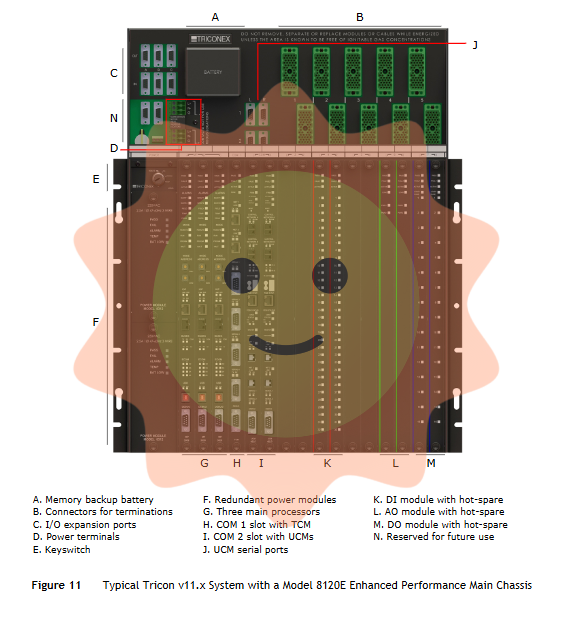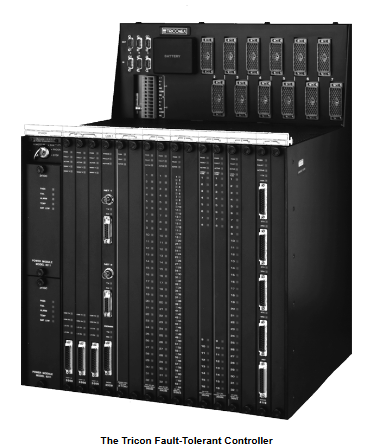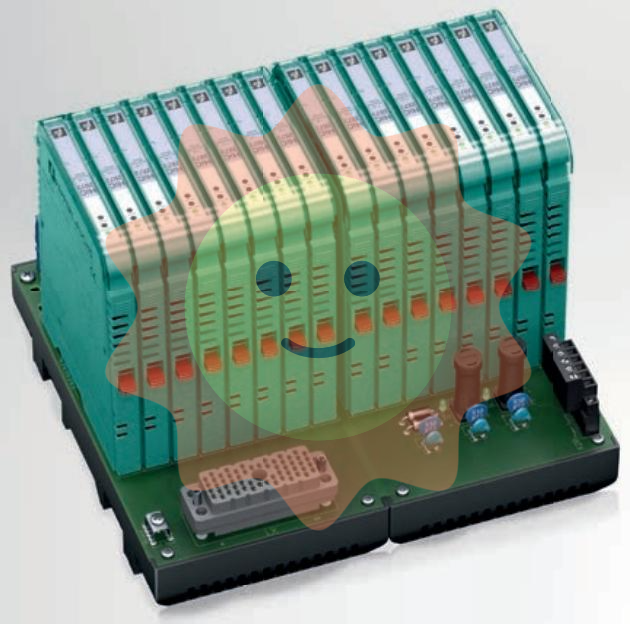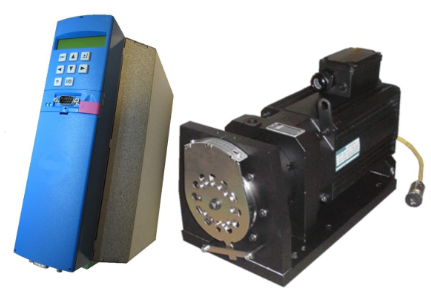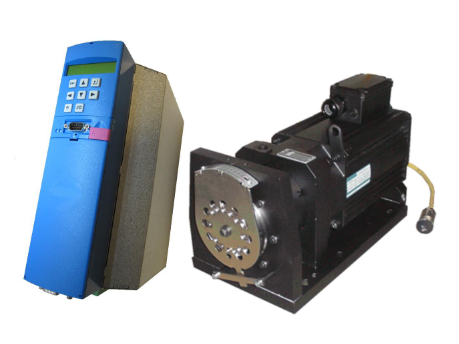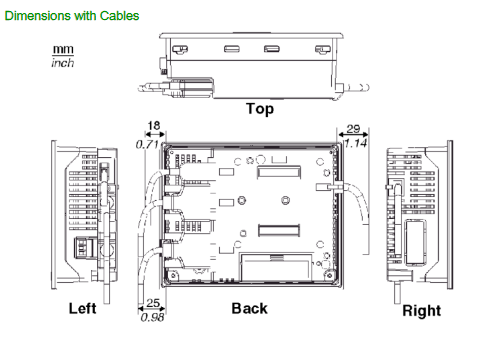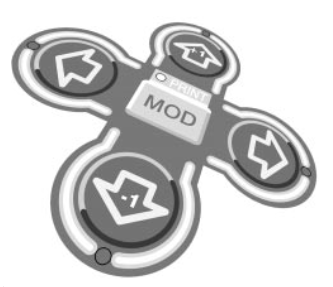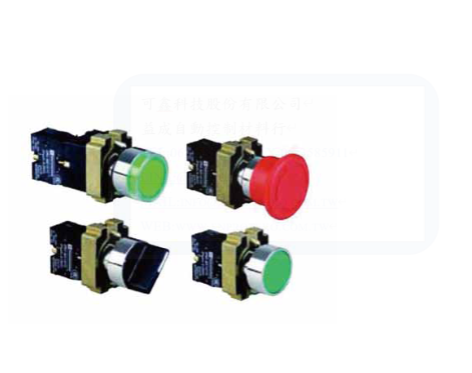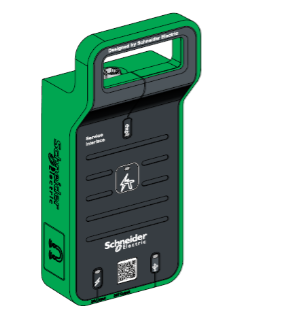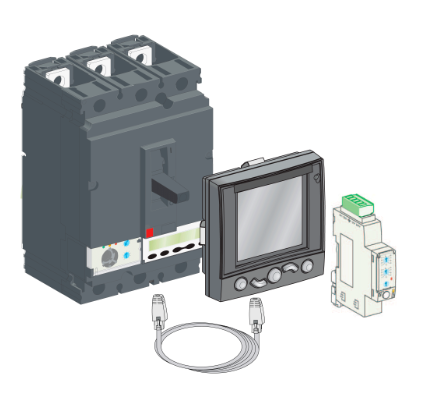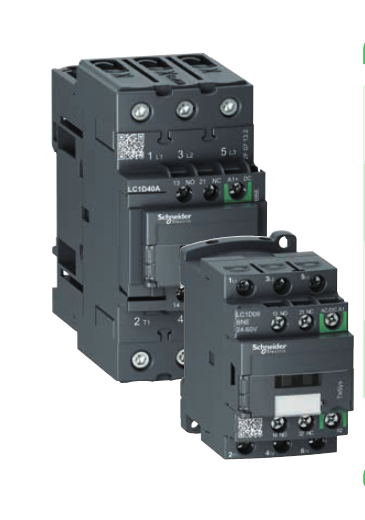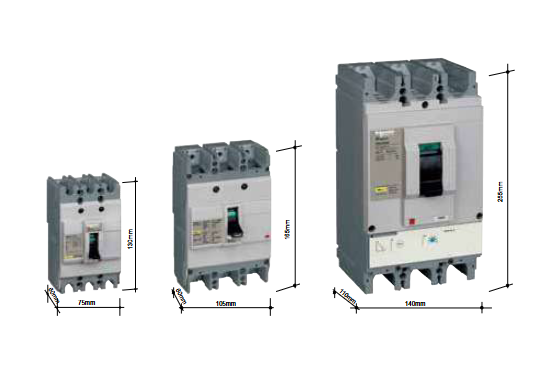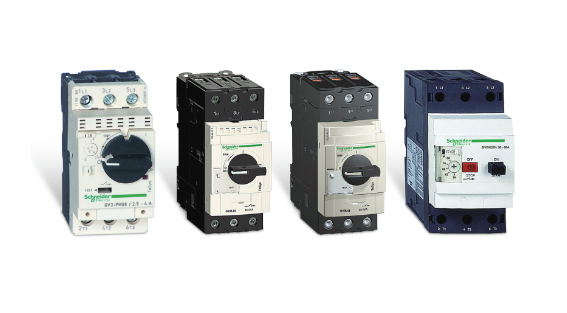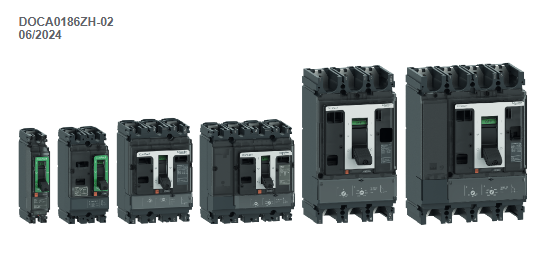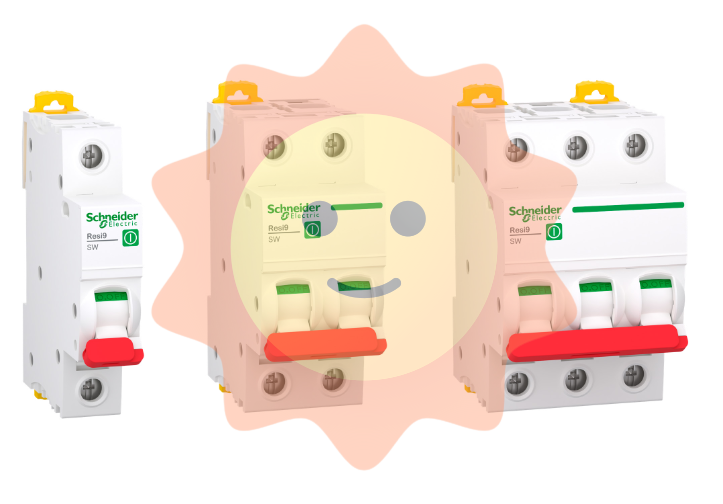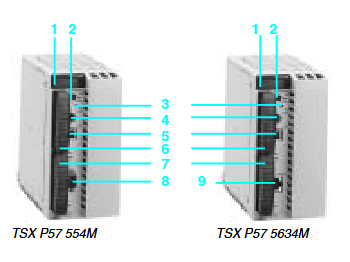ABB NKAS01-3 Analog Module Termination Cable
Basic Structure
Conductor: High purity copper is usually used to ensure good electrical conductivity, reduce resistance loss during signal transmission and ensure accurate transmission of analog signals.
Insulation layer: generally high quality polyvinyl chloride (PVC) or polytetrafluoroethylene (PTFE) is used, which has good insulating properties and mechanical strength, and can effectively prevent short circuits between different conductors.
Shield: It may be equipped with copper tape or braided copper mesh shielding layer, which can effectively resist external electromagnetic interference and prevent internal analog signals from radiating outward.
Sheath: usually made of low-smoke, non-halogen (LSZH) material, which has good flame retardant properties, resistance to abrasion, oil and chemical corrosion resistance.
Technical Parameters
Rated voltage: generally around 24V DC to meet the power supply requirements of most analog modules, providing stable power support for signal transmission.
Rated current: According to the number of connected analog modules and load characteristics, the rated current is usually between 0.5A and 1A, which ensures that it can provide enough power for multiple analog modules and avoid overloading the current at the same time.
Characteristic impedance: Generally around 50Ω or 75Ω, matching with the impedance of other devices and networks in the system to achieve efficient transmission of analog signals and reduce signal reflection and attenuation.
Signal Transmission Rate: It can support high data transmission rate, usually up to several Mbps, to meet the real-time and accuracy requirements of industrial automation control system.
Functional features
Good compatibility: Designed for ABB's analog modules, it has good compatibility with analog modules, PLCs, DCS systems, communication modules and other equipment in systems such as ABB Bailey Infi 90, which ensures the overall stability of the system and seamless connection between equipment.
Strong anti-interference ability: Its excellent shielding structure and materials enable it to effectively reduce electromagnetic interference and ensure stable transmission of analog signals in complex electromagnetic environments at industrial sites.
Signal stability: the use of high-quality materials and fine manufacturing process, electrical and mechanical properties are stable, the signal transmission process is less attenuation, can be a long time and stable transmission of signals, reduce signal loss and BER.
Convenient Installation and Maintenance: Usually adopts standardized interfaces and connections, such as BNC connector, RJ45 connector or other special connectors, the installation process is simple and convenient, without special tools, and it is easy to replace or add cables during system maintenance and expansion.
Application Areas
Industrial automation control system: In the automation control system of electric power, chemical industry, iron and steel, paper making and other industrial fields, it is used to connect analog modules and other equipment to realize the collection, transmission and control of analog signals, such as temperature, pressure, flow rate, level and so on, in the production process.
Energy management system: in the automation monitoring system of power plants, substations and other energy facilities, it can be used to connect analog modules and all kinds of energy equipment, such as generators, transformers, switchgear, etc., to realize remote monitoring, control and management of energy equipment.
Intelligent Building System: In the security system, lighting system, air conditioning system, etc. of intelligent buildings, it is used to connect analog modules and various intelligent devices, such as sensors, actuators, controllers, etc., to realize intelligent control and management of the system.

- User name Member Level Quantity Specification Purchase Date
- Satisfaction :
-










